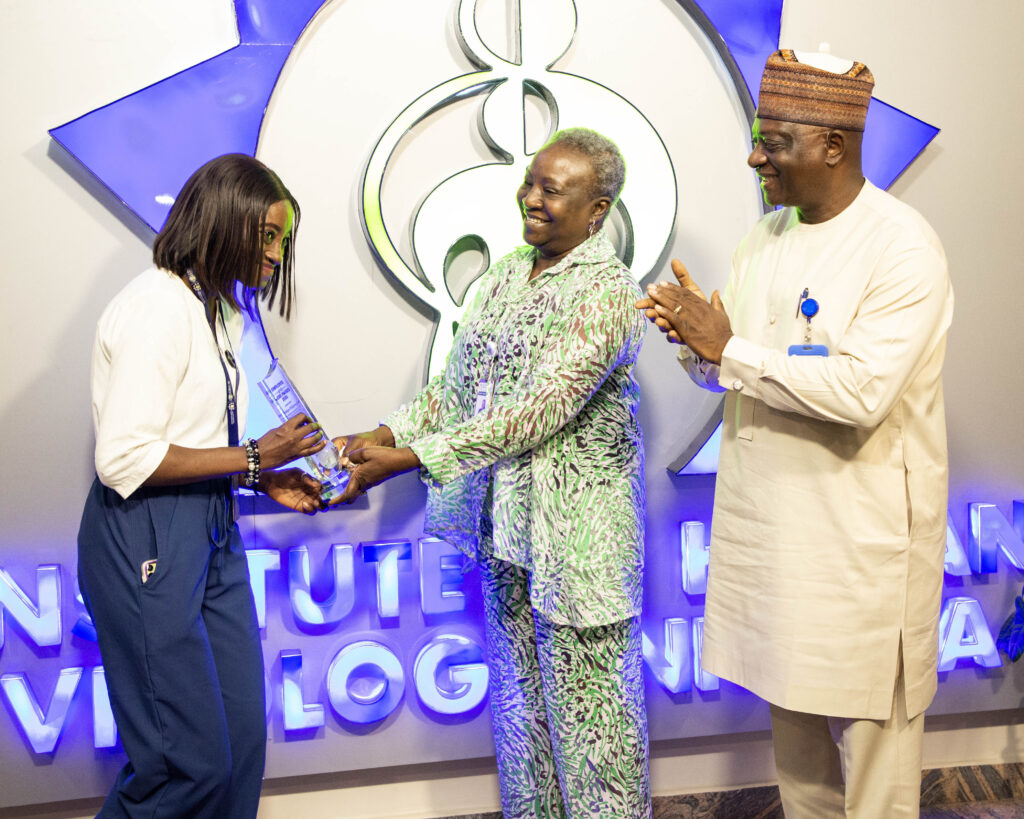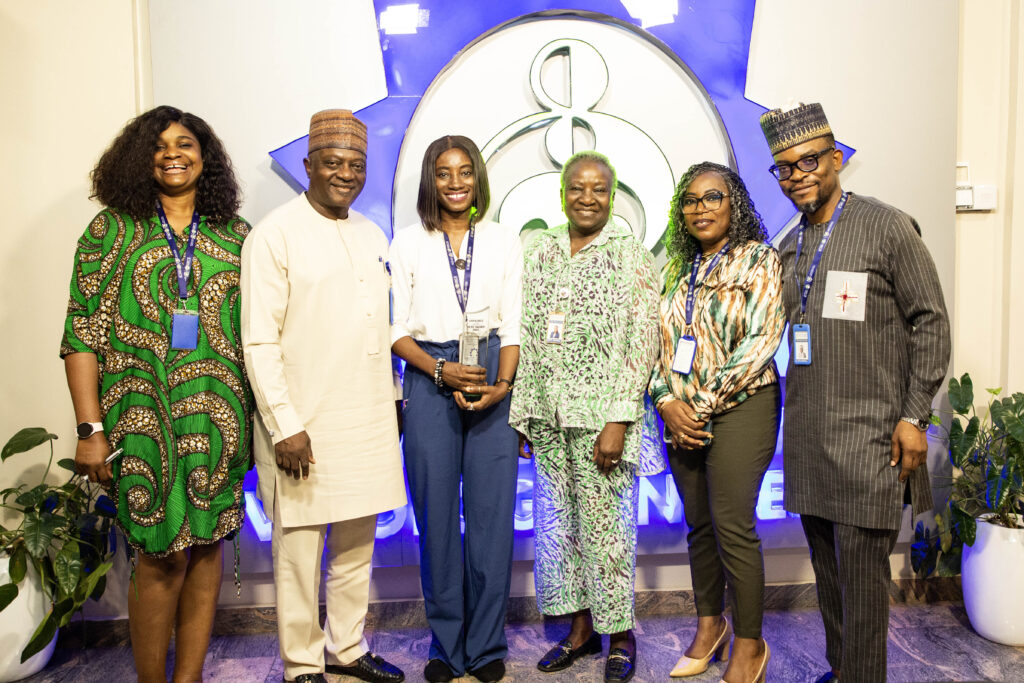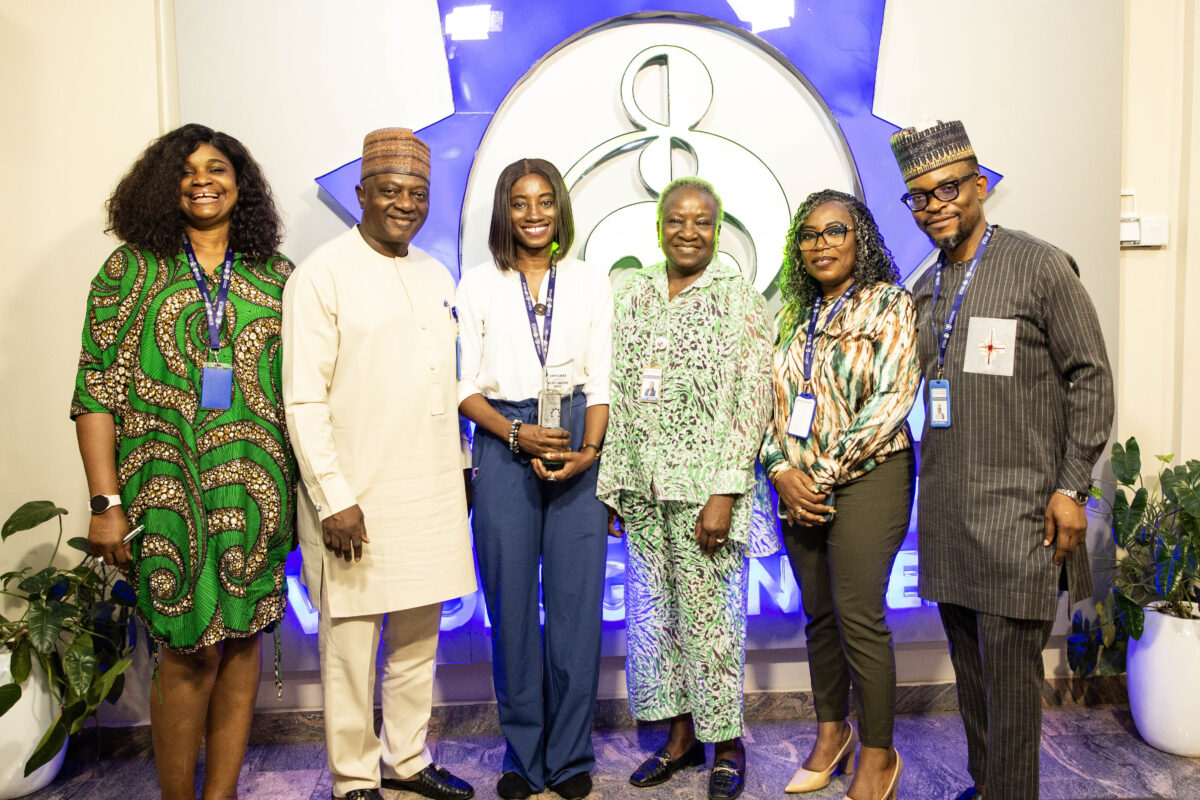| The Institute of Human Virology, Nigeria is seeking bidders to bid for the Supply of Laboratory and I.T Consumables under GF N-THRIP Grant. | |
| Opening Date/ Time: | 3rd March 2026, 8:00am |
| Closing Date/ Time: | 23rd March 2026 @10:00am |
| For more on this bid, kindly download the complete bid document, | Click here to download the bidding document |
Bid Advert | Optimization of PCR Laboratories under GF-NTHRIP Grant | 27th February 2026
| The Institute of Human Virology, Nigeria is seeking bidders to bid for the Optimization of PCR Laboratories under GF NTHRIP Grant | |
| Opening Date/ Time: | 27th February 2026 |
| Closing Date/ Time: | 18th March 2026 @10:00am |
| For more on this bid, kindly download the complete bid document, | Click here to download the bidding document Other Supporting Documents UMTH-PCR-2 UMTH-PCR-1 UDUTH-PCR-lab.proposed NAUTH-PCR-lab.proposed Lot-5-FMC-Onitsha-Anambra-state Lot-4-UMTH-Maiduguri-Borno-state Lot-3-NAUTH-Anambra-state Lot-2-UDUTH-Sokoto-state Lot-1-LASUTH-Lagos-state LASUTH-PCR-lab.pdf FMC-Onitsha.proposed.pdf |
IHVN Celebrates Employee of the Year 2025
The Executive Management of Institute of Human Virology Nigeria (IHVN) have presented the 2025 Employee of the Year Award to Ms Temitope Olukomogbon in recognition of her dedication, commitment and consistency in service to the Institute.
IHVN Chief Executive Officer, Dr. Patrick Dakum and the Executive Director International Research Center of Excellence (IRCE), Prof. Alash’le Abimiku presented the award to Ms. Olukomogbon at the IHVN Campus in Abuja.
At the ceremony, the CEO, Dr. Patrick Dakum, praised Ms. Olukomogbon for upholding the core values of the Institute, including teamwork. “We have over 400 staff and you stood out to be the employee of the year which means you are doing something right and I encourage you to keep that up.”
Ms. Olukomogbon, who is the IRCE Post-Award Research Grant Administrator said “I am truly honored to be recognized as Employee of the Year 2025 at the Institute of Human Virology Nigeria. This recognition is not just about me; it reflects the backing of God, the unwavering support of my International Research Center of Excellence (IRCE) family, and the culture of excellence that surrounds us every day at IHVN. This award reminds me that giving your best, staying consistent, and striving for excellence does not go unnoticed. I would like to specially thank to Prof. Alash’le Abimiku, Dr. Patrick Dakum and Dr. Charles Mensah, for this recognition and for creating an environment where dedication and passion are celebrated.”
The Institute initiated the Employee Recognition Awards in July 2024 to recognize overall employee performance in dressing, innovation, teamwork, productivity, efficiency, leadership and interpersonal skills, punctuality, and adherence to company values and principles, amongst other things.
IHVN Assistant Director Human Resources, Rachel Adegbe said that the Employee of the Month and Employee of the Year award is an opportunity to appreciate every staff member for their contributions to the collective impact being made by the Institute in Nigeria and beyond.


Bid Advert | Supply of I.T Items under GF N-THRIP Grant | 23rd February 2026
| The Institute of Human Virology, Nigeria is seeking bidders to bid for the Supply of I.T Items under GF N-THRIP Grant. | |
| Opening Date/ Time: | 23rd February 2026 |
| Closing Date/ Time: | 13th March 2026 @10:00am |
| For more on this bid, kindly download the complete bid document, | Click here to download the bidding document |
Bid Advert | Supply of Diesel (AGO) under all grants | 23rd February 2026
| The Institute of Human Virology, Nigeria is seeking bidders to bid for the Supply of Diesel (AGO) under all grants | |
| Opening Date/ Time: | 23rd February 2026 |
| Closing Date/ Time: | 6th March 2026 @10:00am |
| For more on this bid, kindly download the complete bid document, | Click here to download the bidding document |

